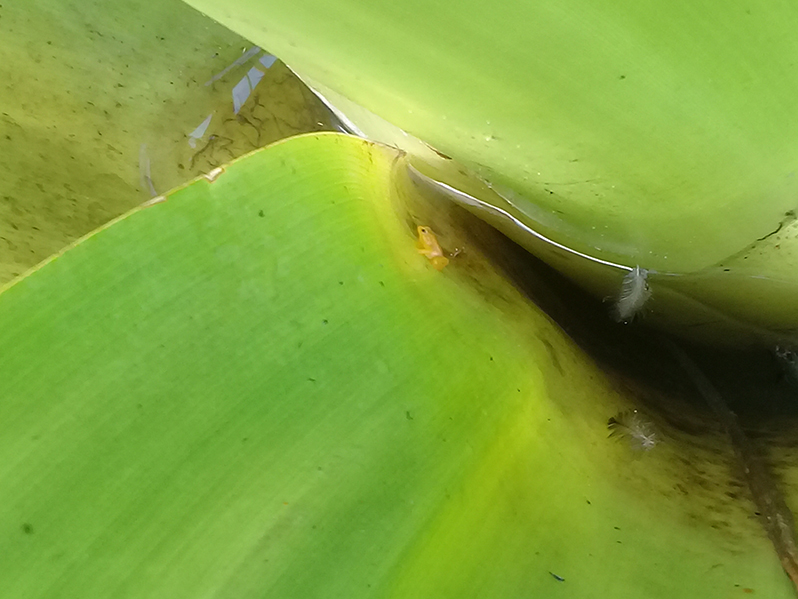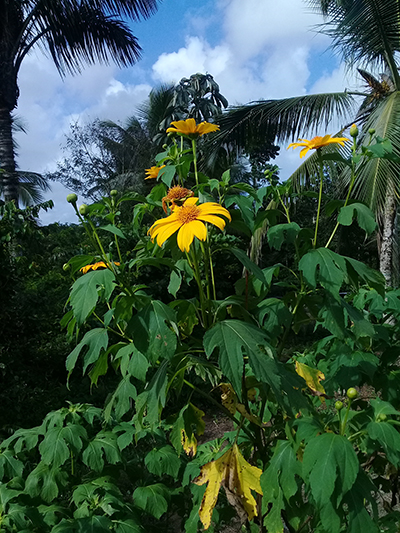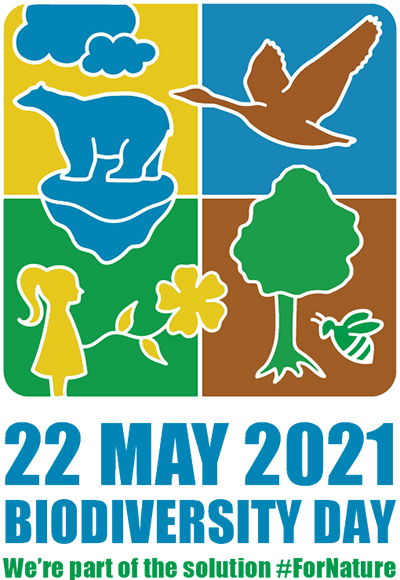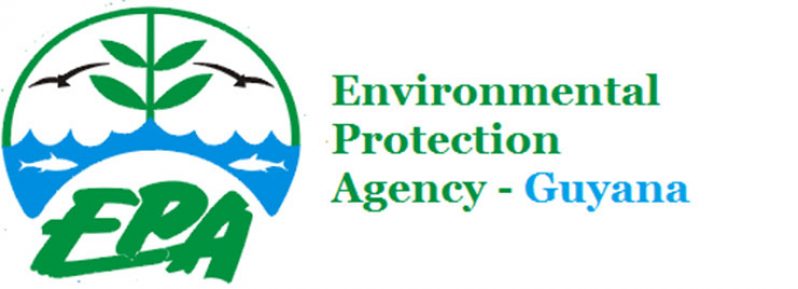ON May 22, International Biodiversity Day will be celebrated. This year, 2021 observance will be celebrated under the theme, “We’re part of the solution”- a continuation from last year’s (2020) theme of “Our solutions are in nature”. Both themes remind us that biodiversity remains the answer to several sustainable development challenges.
What is biodiversity?
According to the World Wildlife Fund for Nature, biodiversity is all the different kinds of life you’ll find in one area—the variety of animals, plants, fungi, and even micro-organisms such as bacteria that make up our natural world. Each of these species and organisms works together in ecosystems, like an intricate web, to maintain balance and support life. Biodiversity supports everything in nature that we need to survive: food, clean water, medicine, and shelter.
 Biodiversity and COVID-19
Biodiversity and COVID-19
As the 2021 theme opined, we are an integral part of the solution, so our interaction with the environment can result in either negative or positive impacts. Additionally, with the upsurge of coronavirus (COVID-19) cases which is now a pandemic, a correlation can be drawn between the status of our biodiversity and the prevalence of strains of viruses. Research has shown that biodiversity loss could expand zoonoses – diseases transmitted from animals to humans- while, on the other hand, if we keep biodiversity intact, it offers excellent tools to fight against pandemics such as those caused by coronaviruses.
The global projection is that about one billion cases of illness and millions of deaths will occur yearly from diseases caused by coronaviruses; and about 75 per cent of all emerging infectious diseases in humans are zoonotic, meaning that they are transmitted to people by animals. Could it be that nature is sending us a message?
Because of human actions, which include deforestation, encroachment on wildlife habitats, intensified agriculture, and acceleration of climate change, the delicate balance of nature is upset. In doing so, we have changed the system that would naturally protect us, and have created conditions that allow particular pathogens–including coronaviruses–to spread. While the trends posited above are of global concern and Guyana is not spared the pandemic, we have much to be thankful for in Guyana since our rich biodiversity and ecosystems are still among the best in the world.
 The Environmental Protection Agency (EPA) is the National Focal Point (NFP) for the United Nations Convention on Biological Diversity (UNCBD) and its related protocols, i.e. The Cartagena Protocol on Biosafety and the Nagoya Protocol on Access and Benefit-sharing. The National Biodiversity Strategic and Action Plan (2012-2020), is an important document that allows stakeholders to identify how they may contribute and support Guyana in meeting its national biodiversity vision, while simultaneously meeting its obligations to the UNCBD.
The Environmental Protection Agency (EPA) is the National Focal Point (NFP) for the United Nations Convention on Biological Diversity (UNCBD) and its related protocols, i.e. The Cartagena Protocol on Biosafety and the Nagoya Protocol on Access and Benefit-sharing. The National Biodiversity Strategic and Action Plan (2012-2020), is an important document that allows stakeholders to identify how they may contribute and support Guyana in meeting its national biodiversity vision, while simultaneously meeting its obligations to the UNCBD.
As the 2021 horizon is upon us, the process for the post-2020 biodiversity framework has commenced with global consultations. This provides Guyana with a timely opportunity to propose novel ideas in supporting global sustainability efforts. The EPA and by extension, Guyana, remains committed to helping Guyana meet the obligations of the UNCBD.
You can share your ideas and questions by sending letters to: “Our Earth, Our Environment”, C/O ECEA Programme, Environmental Protection Agency, Ganges Street, Sophia, GEORGETOWN, or email us at: eit.epaguyana@gmail.com. Follow us on Facebook and Instagram and subscribe to our YouTube channel.



.jpg)








